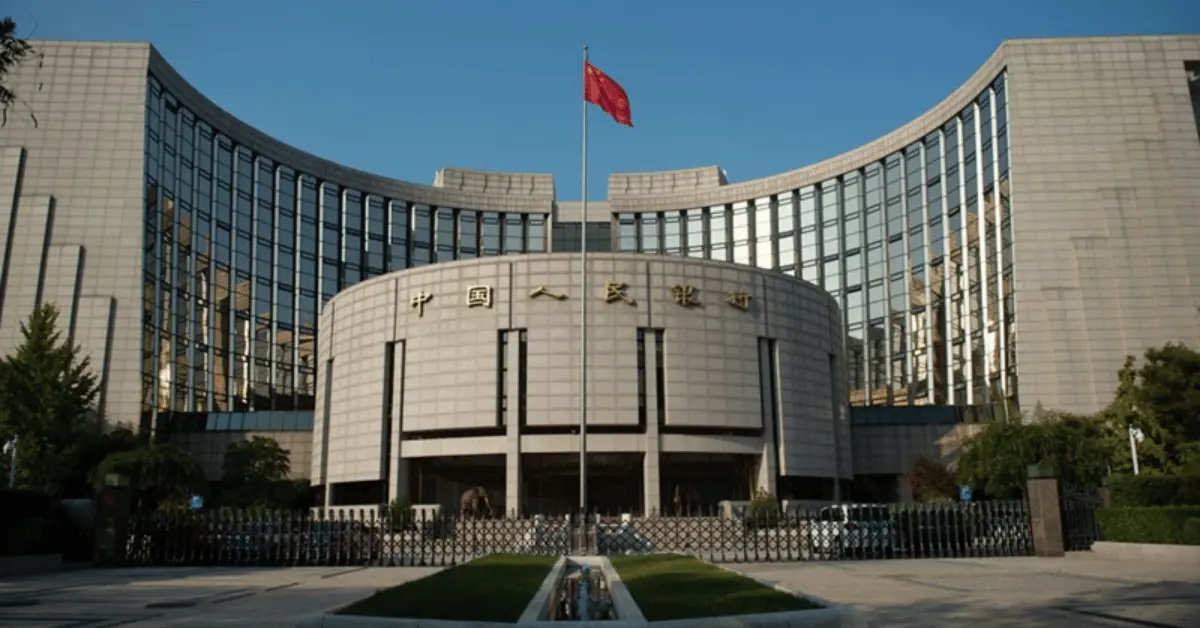
China’s Central Bank Tries to Ease Pressure on Currency — WSJ
CHINA, Sept. 1 – China’s central bank has cut the amount of foreign currency banks need to hold in reserve.
The move is an attempt to boost the yuan, which has tumbled this year (https://www.wsj.com/articles/yuan-under-pressure-as-u-s-china-rates-set-to-diverge-further-aa655bcd) as the economy has faltered and the central bank has cut interest rates. Lowering interest rates often puts pressure on a country’s currency, since it makes assets elsewhere look more attractive.
The People’s Bank of China said on Friday it will lower the foreign-exchange reserve ratio to 4% from 6%, increasing the supply of dollars in the Chinese market. The move will free up around $16 billion of foreign exchange currently held with the central bank, according to estimates from Citigroup.
The onshore yuan has weakened around 5% against the dollar this year, and the central bank has faced a balancing act between boosting the economy and supporting the currency. The central bank cut interest rates](https://www.wsj.com/world/china/china-slashes-rates-suspends-youth-jobless-data-as-economy-signals-sharper-downturn-418301d6) two weeks ago, and on Friday a number of commercial banks announced [cuts to their deposit rates (https://www.wsj.com/economy/global/chinese-banks-plan-deposit-rate-cuts-to-cushion-pain-from-a-faltering-economy-6191d8d8?page=1).
The FX reserve ratio is just one tool the central bank has used this year to support the currency. It has also been more aggressive with its daily fixing (https://www.wsj.com/livecoverage/stock-market-today-dow-jones-07-20-2023/card/china-takes-more-steps-to-support-the-yuan-mqx9PKYzq2nFUOj1e73u), which sets a permissible trading range for the yuan against the dollar.










